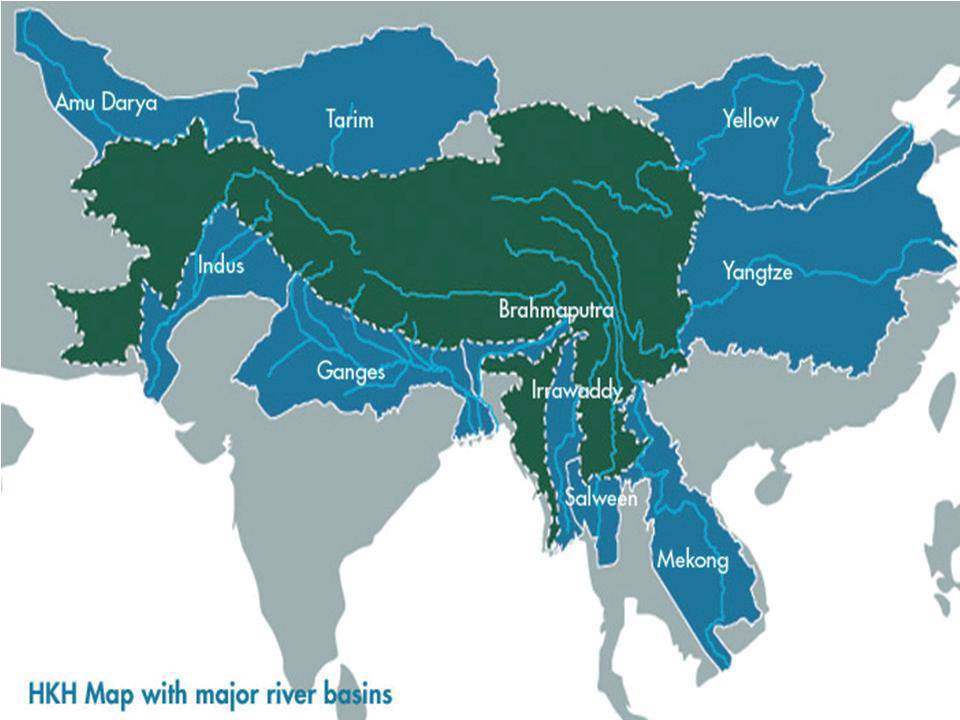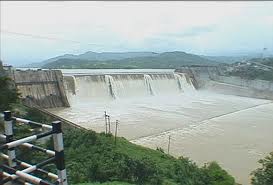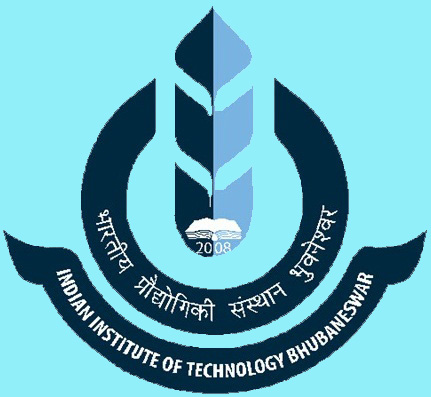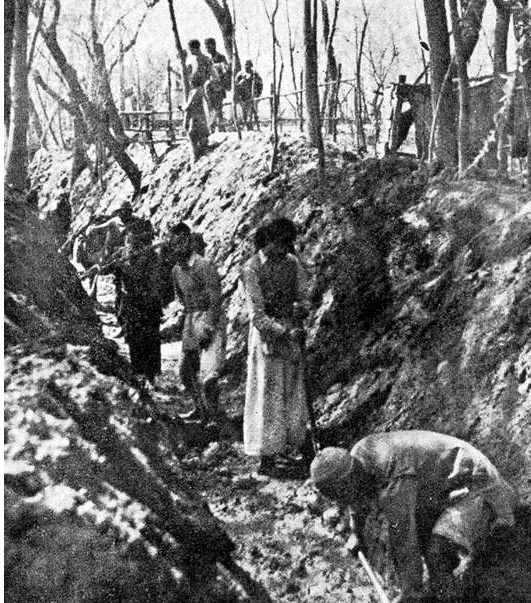Groundwater
First international advocacy planning meeting for water and sanitation activists'- 'WASH News and policy update
Posted on 30 Dec, 2011 12:31 PMContent courtesy: India WASH Forum
Interdisciplinary approach to water management: From the uplands to the coast - The Ganges-Brahmaputra-Meghna Basin
Posted on 30 Dec, 2011 11:04 AMIn this paper, Jayanta Bandopadhyay explains the need for an interdiscipliinary framework for water resource management. He states that this framework needs to include ecological, social, economic and institutional perspectives. These perspectives are essential to facilitate cooperation over the management of transboundary rivers.

Managing natural resources through simple and appropriate technological interventions for sustainable mountain development - Current Science (2011)
Posted on 30 Dec, 2011 10:07 AMThe initiative on management of natural resources through appropriate interventions aimed at:
Alternative National Water Policy by Ramaswamy R Iyer - Comments by Rahul Banerjee
Posted on 28 Dec, 2011 02:24 PMGuest Post: Rahul Banerjee
Ramaswamy Iyer has made a commendable effort to draft a National Water Policy that tries to reform the current unsustainable approach to water resource management in this country (EPW Vol XLVI Nos 26&27 Supplement pp 201). Assuming that this draft is an invitation to a larger public debate on the issues involved I would like to make a few comments on it.
Life, livelihoods, ecosystems, culture: Entitlements and allocation of water for competing uses
Posted on 27 Dec, 2011 05:10 PM This report has been prepared by the members of the working group set up by the Forum for Policy Dialogue on Water Conflicts in India on the issue of “Entitlements and allocations for livelihoods and ecosystem needs". The introductory chapter sets out the context of the report. The immediate context is the work of the Forum over the last 4-5 years, and the learning that this particular issue leads to many water conflicts in India.
This report has been prepared by the members of the working group set up by the Forum for Policy Dialogue on Water Conflicts in India on the issue of “Entitlements and allocations for livelihoods and ecosystem needs". The introductory chapter sets out the context of the report. The immediate context is the work of the Forum over the last 4-5 years, and the learning that this particular issue leads to many water conflicts in India.
National action plan on climate change (NAPCC) and supporting mission documents (2008-11)
Posted on 24 Dec, 2011 11:46 PMThe National Action Plan on Climate Change (NAPCC) is a policy document prepared by the Prime Minister's Council on Climate Change. It has been prepared keeping in mind that India's economic need to tap its natural resources needs to be tempered with the need to maintain ecological balance.
Confessions of an OD boy: The need to achieve a sustainable open defacation free intervention
Posted on 24 Dec, 2011 07:58 PMAuthor: Mohanasundar Radhakrishnan
IWM-2011, IIT Bhubaneswar, SIF, SEOC, December 27-29, 2011, Bhubaneswar
Posted on 16 Dec, 2011 11:54 AMOrganizer: School of Infrastructure (SIF), School of Earth Ocean & Climate Sciences (SEOC), IIT Bhubaneshwar
Venue: Institute auditorium, Samantapuri, IIT Bhubaneswar

Description:
SIF and SEOC of IIT, Bhubaneswar are organizing an Workshop on Indian Water Management in 21st Century (IWM-2011) during December 27th-29th 2011.
The programme will be conducted through an interactive workshop wherein international and Indian experts will participate as lecturers and moderators. Equally, the participants will learn from each other as to what solutions have worked, why and what solutions also have not worked and also the technological advances in the field of Water Resources Engineering and Management. The course would be appropriate for professionals from government water agencies (central, state or municipal), universities, research organizations, private sector companies, NGOs and self-employed water professionals.
Comparative management performance of government and farmer managed irrigation systems in Kashmir
Posted on 04 Dec, 2011 11:49 AMKashmir was originally home to an elaborate network of farmer owned and managed canal based irrigation systems. Gradually, with the increase in planned development, several irrigation canals were taken under the control of the irrigation department. This paper compares the management of irrigation systems by farmers and government.

Thembe thembe samruddhi (Prosperity with every drop) - An article from the magazine Anubhav
Posted on 02 Dec, 2011 03:23 PMThis article in Marathi from the magazine Anubhav titled 'Thembe thembe samruddhi' meaning 'Prosperity with every drop' highlights the situation of acute scarcity of water in the state of Maharashtra and argues that this has been a barrier to the progress of the state leading to dire poverty and deprivation.




